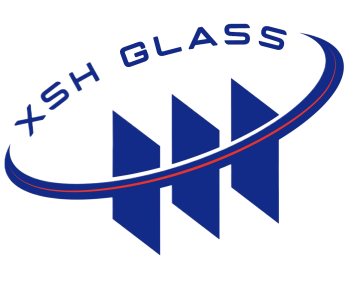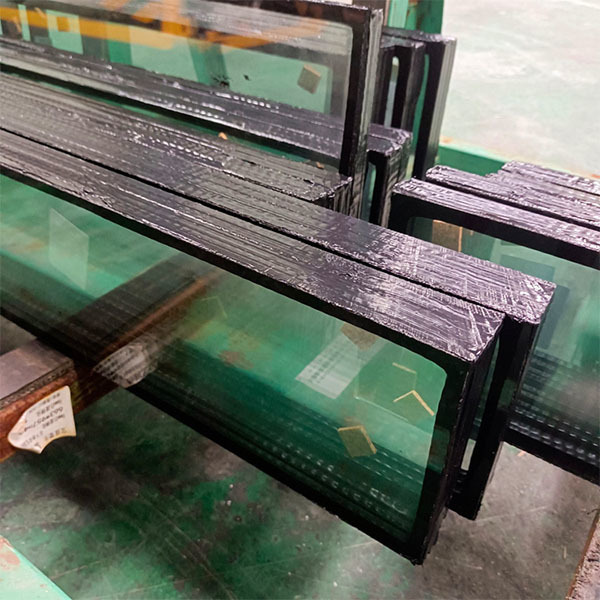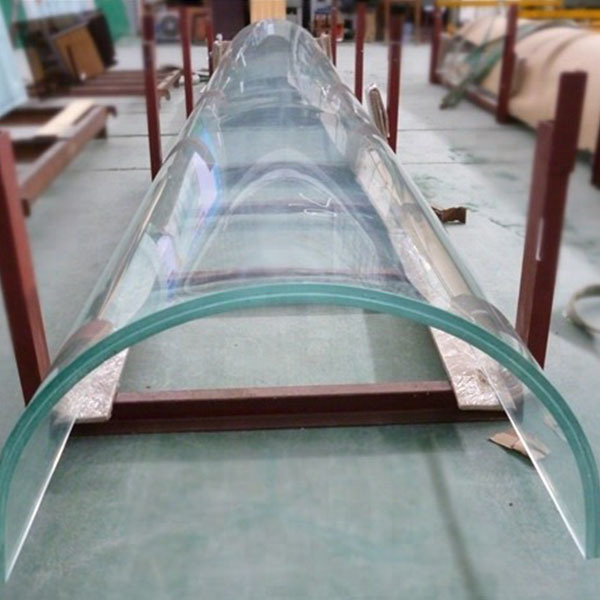Revolutionizing Insulation: The Rise of Vacuum Glass Technology
Release Time:
2025-05-09
Vacuum glass, as the name suggests, consists of two or more panes of glass separated by a vacuum. The vacuum significantly reduces heat transfer, making it an exceptionally effective insulator.
In recent years, the construction and architectural industries have witnessed a groundbreaking innovation that promises to redefine energy efficiency and aesthetics in buildings: vacuum glass. This cutting-edge technology, which utilizes the principles of thermodynamics, is rapidly gaining traction among architects, builders, and environmentalists alike, as the demand for sustainable building materials continues to rise.
Vacuum glass, as the name suggests, consists of two or more panes of glass separated by a vacuum. The vacuum significantly reduces heat transfer, making it an exceptionally effective insulator. Unlike traditional double or triple-glazed windows, which rely on inert gases like argon or krypton between the panes to reduce heat conductivity, vacuum glass achieves superior thermal performance without the added weight or bulk of multiple layers. This innovation not only enhances energy efficiency but also provides a sleeker, more modern appearance that is increasingly appealing in contemporary architecture.
The environmental implications of vacuum glass are substantial. In an era where climate change is a pressing concern, the construction industry is under increasing pressure to adopt energy-efficient practices. Buildings account for a significant portion of global energy consumption, and windows are often a major source of heat loss. By integrating vacuum glass into new construction and retrofitting existing structures, builders can markedly reduce energy usage, leading to lower carbon emissions and a smaller ecological footprint.
Furthermore, vacuum glass offers additional benefits such as superior sound insulation and enhanced safety features. The design of vacuum glass panels can effectively minimize outside noise, creating a more serene indoor environment, which is particularly valuable in urban settings. Additionally, advancements in manufacturing techniques have made it possible to produce vacuum glass that is not only lightweight but also resistant to breakage, making it a safe choice for both residential and commercial properties.
Despite its numerous advantages, vacuum glass is still relatively new to the market, and challenges remain regarding its widespread adoption. The initial cost of production can be higher than traditional window options, which may deter some builders and homeowners. However, experts argue that the long-term energy savings and increased property value associated with vacuum glass can outweigh these upfront expenses. As technology advances and production methods become more efficient, the price of vacuum glass is expected to decrease, making it a more viable option for a larger audience.
Several companies around the globe are pioneering this technology, investing heavily in research and development to enhance the performance and affordability of vacuum glass. Many industry leaders believe that as awareness of the benefits continues to grow, along with government incentives for energy-efficient building practices, vacuum glass will become a mainstream choice in construction.
In conclusion, vacuum glass represents a significant step forward in the quest for sustainable building materials. Its superior insulation properties, combined with aesthetic appeal and environmental benefits, make it an attractive option for modern construction. As the industry moves towards greener practices, vacuum glass could very well become a cornerstone of energy-efficient architecture in the years to come. As we navigate the challenges of climate change, innovations like vacuum glass will be crucial in creating sustainable, comfortable living spaces for future generations.



